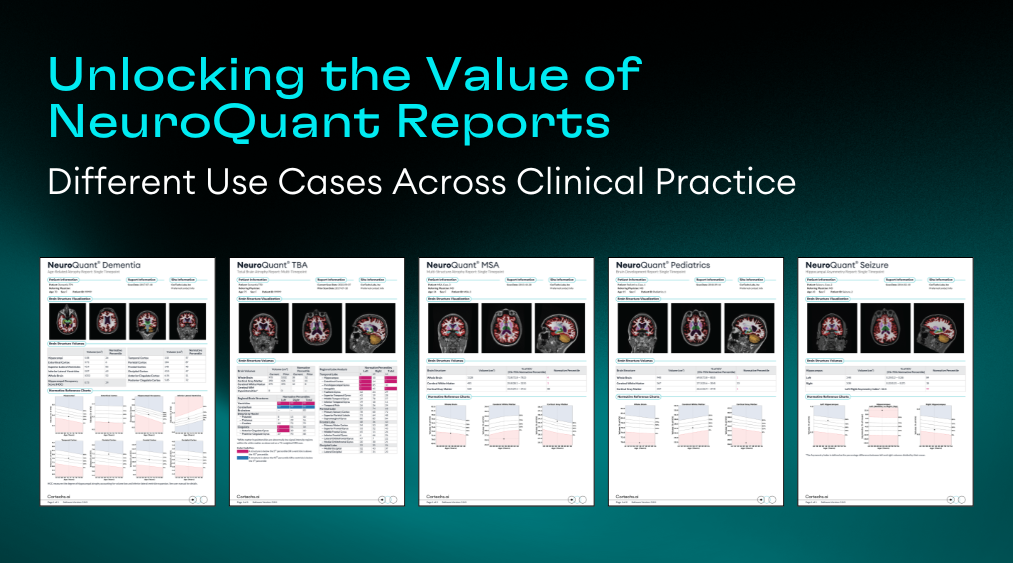Conventional diffusion-weighted imaging (DWI) has long played a central role in multiparametric MRI (mpMRI) for prostate cancer detection. However, standard DWI and apparent diffusion coefficient (ADC) maps have known limitations, including poor spatial resolution, susceptibility to distortion, and limited specificity — particularly in the transition zone where benign prostatic hyperplasia can mimic or obscure clinically significant lesions.
To address these challenges, Restriction Spectrum Imaging (RSI) has emerged as a novel diffusion-based approach that refines the biophysical modeling of water diffusion in tissue, enabling improved characterization of prostate cancer.
What is Restriction Spectrum Imaging?
RSI is an advanced diffusion MRI technique that separates and quantifies signal contributions from multiple diffusion compartments — including intracellular restricted, extracellular hindered, and free water diffusion. By selectively enhancing the signal from restricted intracellular diffusion, RSI improves the conspicuity of densely cellular tissue, which is characteristic of high-grade, clinically significant prostate cancer (csPCa).
Unlike conventional ADC, which is influenced by both restricted and non-restricted components, RSI suppresses background noise from benign tissue and edema, allowing for more accurate lesion localization and risk stratification.
OnQ Prostate: Clinical Implementation of RSI
OnQ Prostate®, developed by Cortechs.ai, is the only FDA-cleared prostate MRI solution based on RSI. The software automatically processes diffusion data to generate two key DICOM outputs:
- Restricted Signal Map, which highlights areas of intracellular restricted diffusion
- Color Fusion Map, which overlays restricted signal on T2-weighted images for improved anatomical context
These series are integrated directly into PACS, supporting seamless workflow adoption and interpretation.
Clinical Advantages
Recent studies have demonstrated the value of RSI in prostate cancer detection:
- Improved tumor conspicuity in both peripheral and transition zones
- Higher specificity for csPCa, reducing false positives and unnecessary biopsies
- Reduced inter-reader variability, enabling more reproducible scoring across readers
- Enhanced targeting for MRI-ultrasound fusion biopsy and focal therapy planning
RSI also shows promise in stratifying lesion aggressiveness and supporting longitudinal monitoring in active surveillance or post-treatment settings.
Toward Precision Imaging in Prostate Cancer
As the volume and complexity of prostate MRI continues to grow, radiologists require advanced tools that go beyond conventional parameters. OnQ Prostate delivers a quantitative, biophysically grounded imaging biomarker that complements PI-RADS and enables a more objective, data-driven approach to prostate cancer evaluation.
By bringing RSI into routine clinical practice, OnQ Prostate supports a shift toward precision imaging, where early detection, accurate characterization, and targeted therapy planning can converge to optimize patient outcomes.






